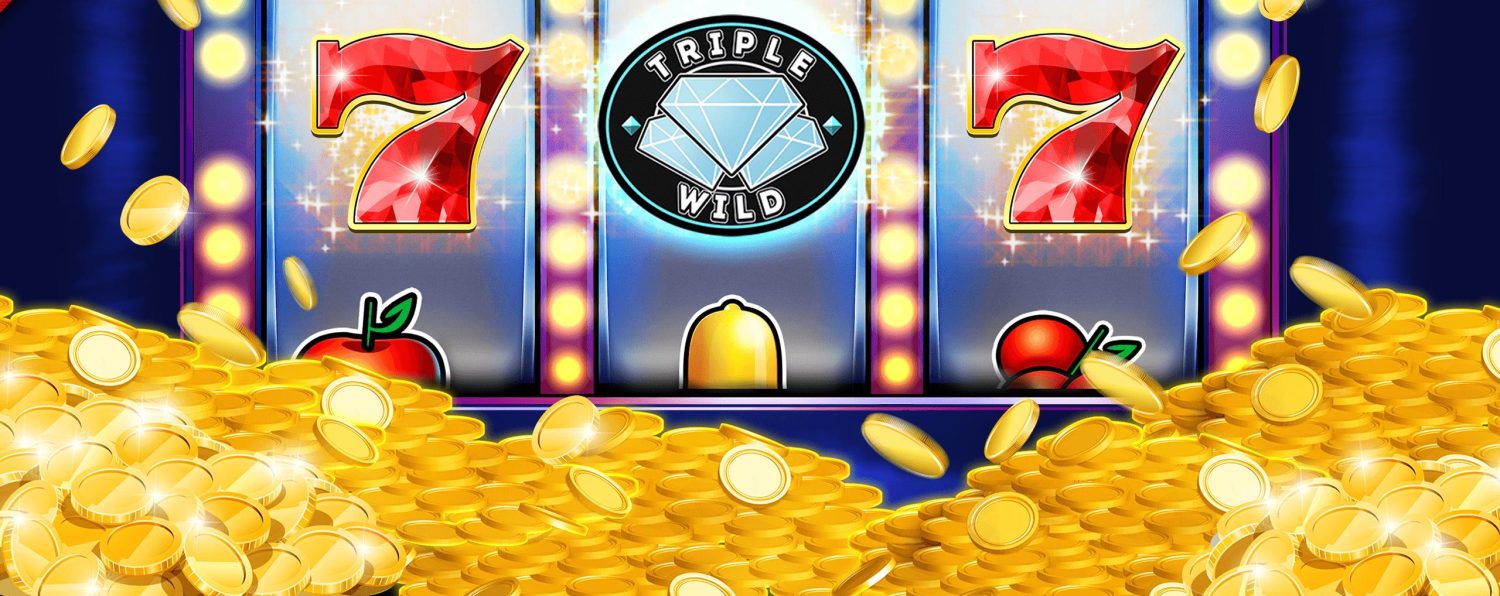
On June 8, International Game Technology PLC (IGT), a multinational gambling company that manufactures slot machines and other gambling technology based in London, UK, revealed that its Board of Directors is analyzing possible strategic alternatives for IGT’s Global Gaming and PlayDigital segments in order to access the full value of IGT’s portfolio. Additionally, the aforementioned Board is currently exploring various alternatives, involving sale, merger and spin-off. However, retaining and continuing to invest in the Global Gaming and PlayDigital segments are also some possible alternatives.
Assistants in the analysis of strategic alternatives:
Deutsche Bank, Macquarie Capital and Mediobanca are still retained by IGT to serve as financial advisors along with Sidley Austin and White & Case who will serve as legal advisors to help the company analyze strategic alternatives. However, no final decision has been made on any of the alternatives, there is no deadline for consideration and there can be no assurance that the analysis of strategic alternatives will further result in any transaction. In addition, IGT does not plan to provide comments or public updates regarding these matters unless and until it decides that further disclosure is appropriate or necessary.
In this regard, Marco Sala, Executive President of IGT, said: “Over the last three years, IGT has sharpened its strategic focus by reorganizing around core product verticals, monetizing non-core assets, reducing structural costs and significantly improving its credit profile. We believe the intrinsic value of IGT’s market-leading businesses and diversified cash flow profile is not currently reflected in our stock price and the timing is right to assess opportunities that may enhance value for IGT’s shareholders.” Vince Sadusky, CEO of IGT, added: “IGT is a global leader with deep expertise in lottery, land-based gaming, iGaming and sports betting. We remain focused on the execution of our growth objectives and multi-year goals outlined in our November 2021 Iplaynvestor Day as we undertake this review and evaluation of strategic alternatives. Regardless of the outcome of this process, IGT is well-positioned to deliver on its long-term growth and profit targets.”
Similar move:
This move by IGT mirrors similar moves by industry rival Light & Wonder, which has sold off its lottery and sports wagering segments in recent years. Additionally, it is also in the process of finalizing a secondary listing of the shares on the Australian Securities Exchange (ASX) in addition to the original NASDAQ listing.
On that note, Light & Wonder CEO Matt Wilson said in an interview last week that “those moves had helped the company deleverage over the past two years and subsequently invest further in areas such as R&D and user acquisition costs for its social casino business.” He also added that “Light & Wonder is expected to grow its Adjusted EBITDA as a result from US$913 million in 2022 to US$1.4 billion by 2025.”
The legal status of online casinos in India is complex and varies by state. While there is no federal law that explicitly addresses online gambling, the legality depends on state regulations and the type of gambling involved.
Key Points:
-
No National Law: India does not have a specific national law regulating online casinos. However, the Public Gambling Act of 1867 prohibits operating physical casinos and gambling houses, but it doesn't cover online platforms, leaving a legal grey area for online gambling.
-
State-Specific Laws: Some Indian states, like Goa, Sikkim, and Daman, have legalized land-based casinos, and others, such as Sikkim, have also licensed online gambling. Many states have banned gambling altogether, including online gambling.
-
Online Sports Betting: Betting on sports, particularly cricket, is very popular in India. However, it's only explicitly legal in some states like Sikkim and Nagaland, which have laws permitting online gaming and betting.
-
Legal Gray Area: Many international online casinos accept Indian players and operate legally under licenses from offshore jurisdictions (like Curacao or the UK Gambling Commission). As long as players are gambling on licensed platforms, the risk is minimal, but local authorities may still choose to regulate or restrict online gambling.
-
Cryptocurrency: Some Indian players prefer using cryptocurrencies (like Bitcoin) for online gambling, as it provides a layer of anonymity and security.
While online casinos aren't explicitly legal across all of India, many international casinos accept Indian players, and online gambling continues to grow in popularity. Players should ensure they use licensed platforms and understand local laws before engaging in online gaming.






Leave a Reply
You must be logged in to post a comment.